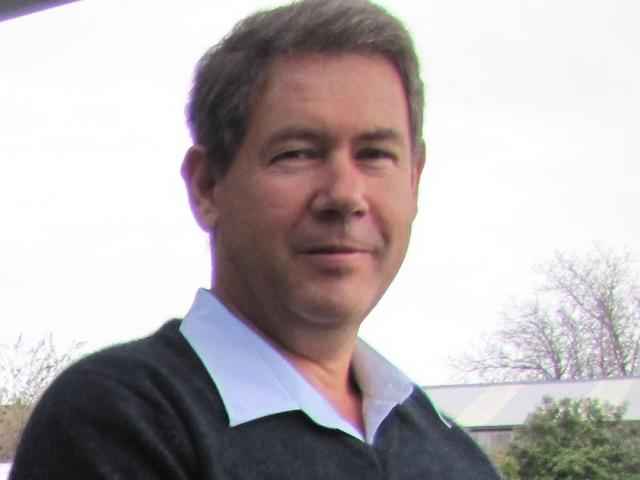
The $9 million Dairy Creek Irrigation Scheme was confirmed yesterday after years on the drawing board. It will cover 1500ha of land in the lower Manuherikia Valley and Clutha catchment and farmers are already investing millions in on-farm development and promising new jobs.
The scheme is a 50/50 joint venture between the Dairy Creek Irrigation Company (DCIC) and Pioneer Energy. Pioneer Energy would pay the entire cost of the scheme, receiving a commercial return and electricity usage from irrigators, Pioneer chief executive Fraser Jonker said.
Several of the contracts for the scheme had already been let and construction was expected to start within the next month and be finished by November this year, Mr Jonker said.
The scheme will take 1.9cumecs of water from the Dairy Creek inlet on Lake Dunstan. The inlet is about 3km north of the Clyde Dam and the water source goes naturally under State Highway 8; the actual water take is further up the hill, on the other side of the road from the dam.
The primary consent for the water take was held by the Manuherikia Irrigation Society (MIS), which was allowed to take 4cumecs from Dairy Creek, DCIC director Tim Rivers said. The DCIC had a secondary consent, to take water from the MIS.
Mr Rivers, who has land within the irrigation scheme, said the project would turn ''rabbit-ridden'' land into productive land.
At present the scheme had eight landowners, who did some dairying and fattening operations.
Having ''100% reliable'' irrigation would mean intensification or diversification of operations would be possible. It would allow new horticulture or viticulture operations, more fattening and more dairying, Mr Rivers said. On his own 350ha property, an unprofitable operation would be turned into a ''hugely productive'' one that would provide employment for five families.
Mr Rivers reassured the public the operations would be sustainable, and the area's low rainfall meant there would not be ''huge runoff or leaching'' from dairying.
He said it was Pioneer's involvement that had made the scheme possible, 10 years after the MIS water consent was gained and an irrigation scheme in the area was mooted.
Mr Jonker said the project continued Pioneer's diversification strategy and was its first irrigation investment.
''We see this as a very good fit with our background in hydro generation and getting water simply from one place to another.''
Eighty-four percent of the scheme's capacity had already been signed up, and if there was further commitment it was possible Pioneer would expand the scheme, Mr Jonker said.












